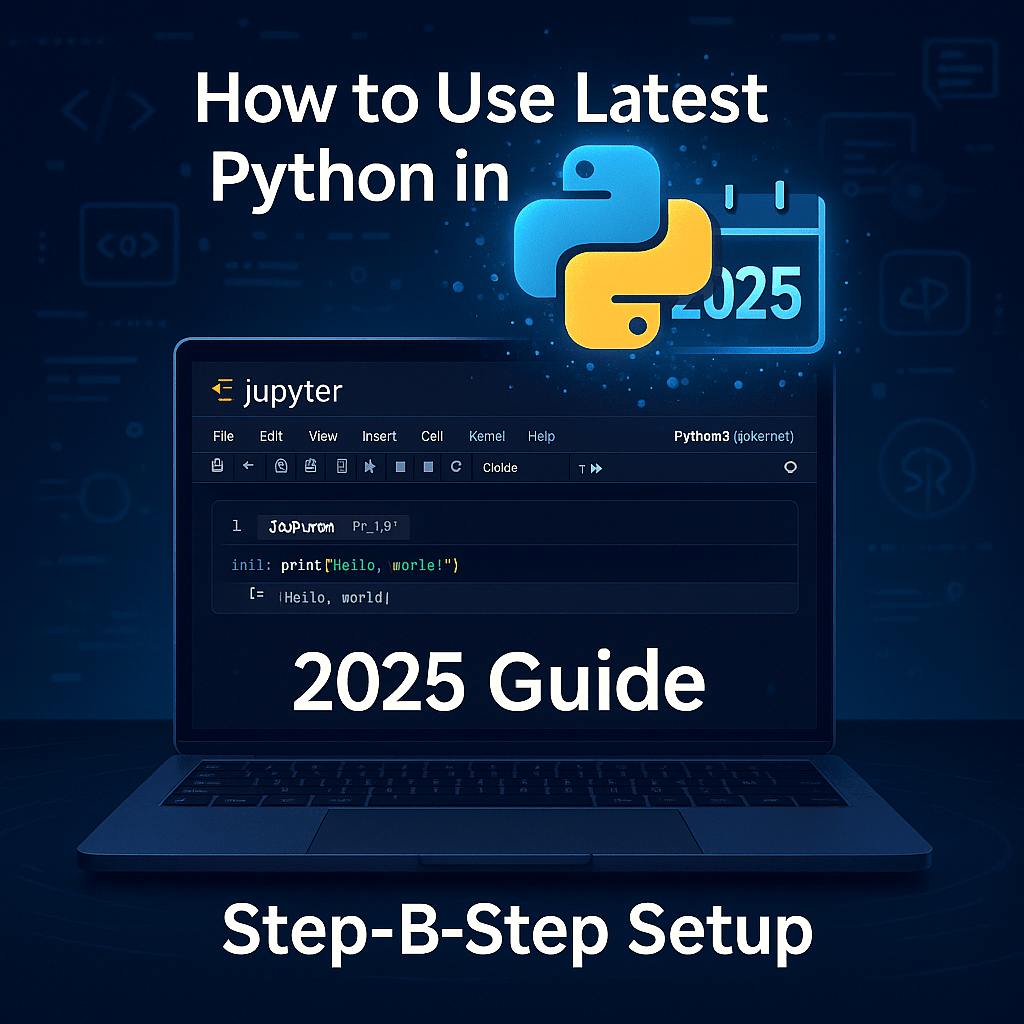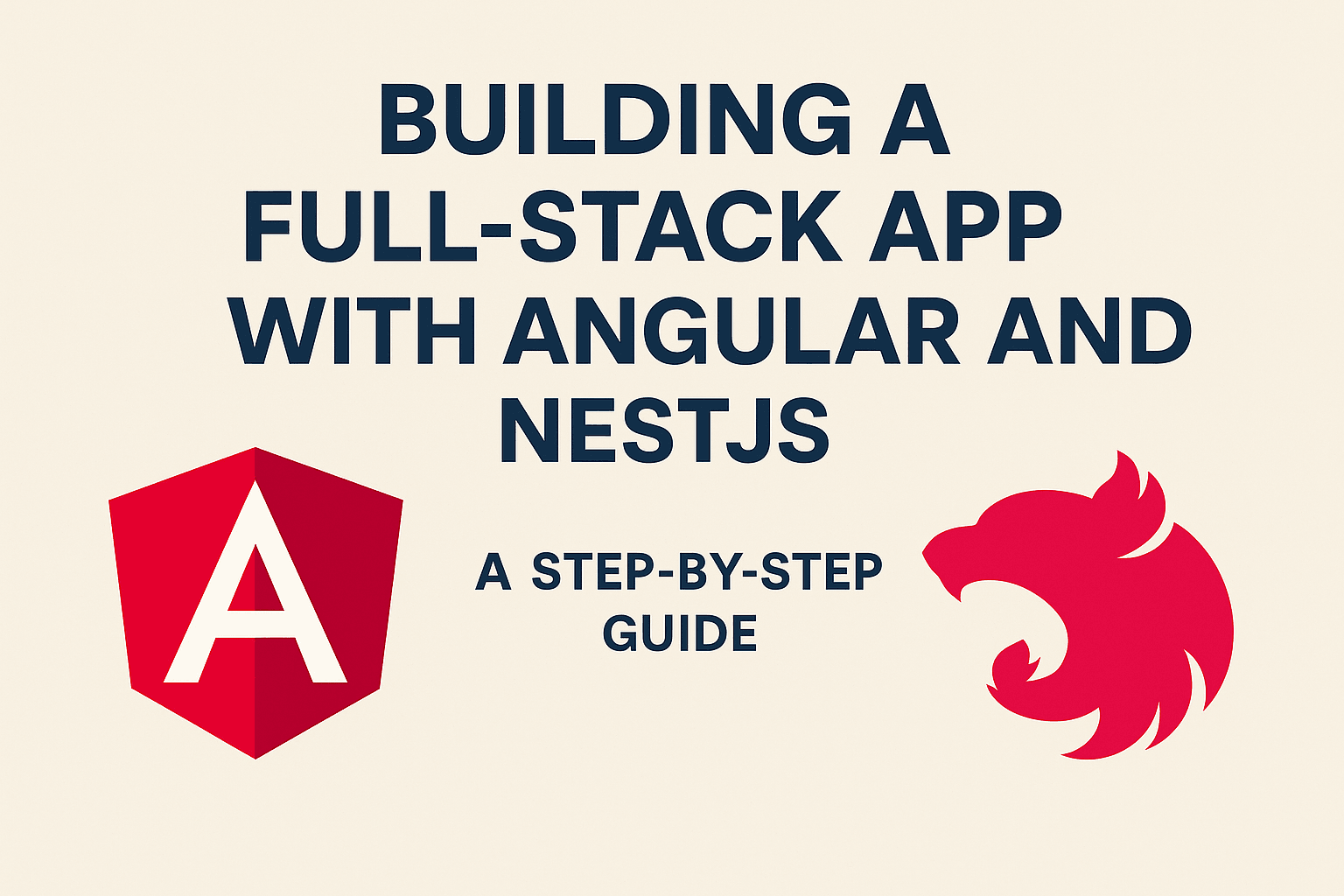Programming Languages
Best Programming Languages to Learn in 2025: The Ultimate Guide

Best Programming Languages to Learn in 2025: The Ultimate Guide
The world of programming is constantly evolving, with new languages emerging and older ones adapting to modern demands. Whether you're a beginner, a career switcher, or an experienced developer, choosing the right programming language can shape your career trajectory.
In 2025, the best programming languages to learn will depend on your goals—whether it's AI development, web programming, mobile apps, or system-level coding. This guide explores the top languages for 2025, their key features, and industry trends to help you make an informed decision.
1. Top Programming Languages in 2025
1.1 General-Purpose Languages
Python
- Why Learn? Dominates AI, machine learning, data science, and automation.
- Key Features: Easy syntax, vast libraries (TensorFlow, PyTorch), strong community.
- Uses: AI, web backends (Django, Flask), scripting.
Java
- Why Learn? Enterprise applications, Android development, and large-scale systems.
- Key Features: Platform independence (JVM), strong memory management.
- Uses: Banking software, Android apps, cloud services.
C/C++
- Why Learn? Essential for system programming, game engines, and high-performance apps.
- Key Features: Low-level control, speed, used in OS development.
- Uses: Game development (Unreal Engine), embedded systems.
C#
- Why Learn? Microsoft ecosystem, game development (Unity).
- Key Features: Strong .NET integration, cross-platform via .NET Core.
- Uses: Windows apps, VR/AR games, enterprise software.
1.2 Web Development Languages
JavaScript (with TypeScript)
- Why Learn? The backbone of web development (frontend & backend via Node.js).
- Key Features: Dynamic, supports frameworks like React, Angular, Vue.
- Trend: TypeScript (statically typed JS) is gaining popularity for large-scale apps.
PHP
- Why Learn? Still powers 77% of websites (WordPress, Laravel).
- Key Features: Easy to deploy, strong CMS support.
1.3 Mobile Development
Swift (iOS)
- Why Learn? The go-to language for Apple ecosystem apps.
- Key Features: Fast, secure, modern syntax.
Kotlin (Android)
- Why Learn? Officially preferred over Java for Android development.
- Key Features: Concise, interoperable with Java.
1.4 Systems & High-Performance Languages
Rust
- Why Learn? Memory safety without garbage collection, ideal for system programming.
- Key Features: Prevents crashes, used in WebAssembly, blockchain.
Go (Golang)
- Why Learn? Cloud-native development (Docker, Kubernetes).
- Key Features: Simple syntax, fast compilation, concurrency support.
1.5 Data Science & AI
Python
- Dominates with libraries like NumPy, Pandas, Scikit-learn.
R
- Why Learn? Statistical computing, bioinformatics.
Julia
- Why Learn? High-performance numerical computing, gaining traction in AI research.
1.6 Emerging & Niche Languages
Solidity (Blockchain)
- Why Learn? Smart contracts on Ethereum.
Zig
- Why Learn? A modern alternative to C with better safety features.
1.7 Legacy Languages Making a Comeback
- COBOL, Fortran, Ada – Still used in banking, aerospace, and government systems.
- Delphi/Object Pascal – Modern updates keep it relevant for desktop apps.
2. Industry Trends Influencing Language Demand
2.1 AI & Machine Learning Boom
- Python remains #1 due to TensorFlow, PyTorch.
- Julia rising for high-performance AI models.
2.2 Cloud & DevOps Growth
- Go (Golang) is favored for cloud infrastructure (Docker, Kubernetes).
- Rust is gaining in serverless computing.
2.3 Legacy System Maintenance
- COBOL & Fortran developers are in demand for financial and government systems.
2.4 TIOBE Index Insights (March 2025)
- Python still #1.
- Rust climbing rapidly.
- Legacy languages (Fortran, Ada, COBOL) re-entering top 20.
3. How to Choose the Right Language
3.1 Based on Career Goals
- AI/Data Science → Python, R, Julia
- Web Development → JavaScript, TypeScript
- Mobile Apps → Swift (iOS), Kotlin (Android)
- Game Dev → C# (Unity), C++ (Unreal Engine)
- Systems Programming → Rust, Go, C
3.2 Factors to Consider
✔ Job Market Demand (LinkedIn, Indeed trends) ✔ Community & Learning Resources (Python vs. Rust tutorials) ✔ Future-Proofing (Is the language growing or declining?)
4. Conclusion
The best programming language for 2025 depends on your goals:
- Beginners: Start with Python or JavaScript.
- Web Developers: Master JavaScript + TypeScript.
- AI Engineers: Deepen Python + Julia/Rust.
- System Programmers: Learn Rust or Go.
Legacy languages (COBOL, Fortran) also offer niche opportunities. Stay updated, as tech evolves fast!
Final Thoughts
The programming world is vast—pick a language, build projects, and keep learning. Which language will you choose for 2025? 🚀


